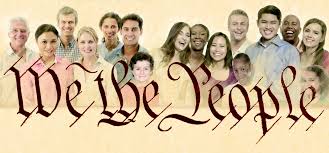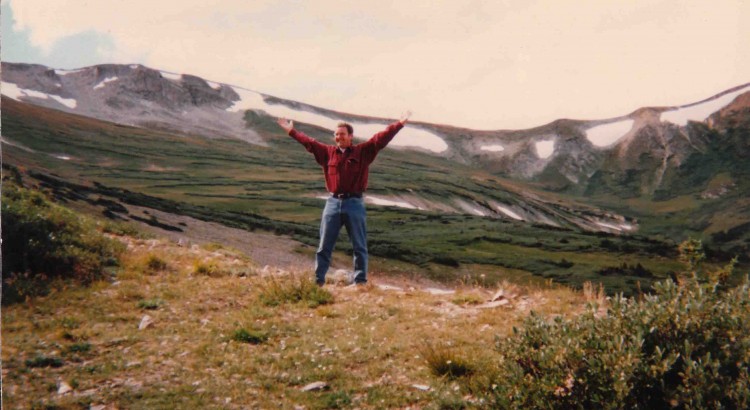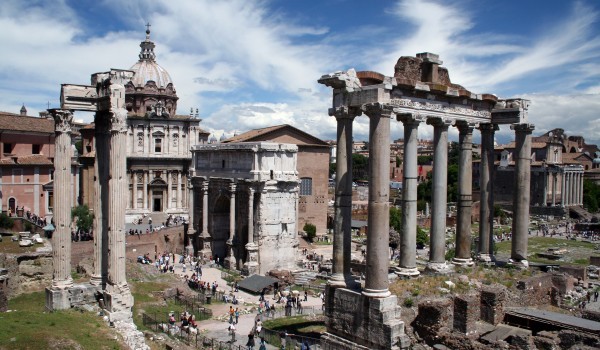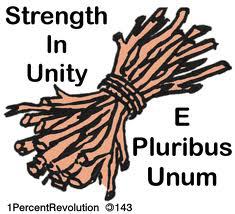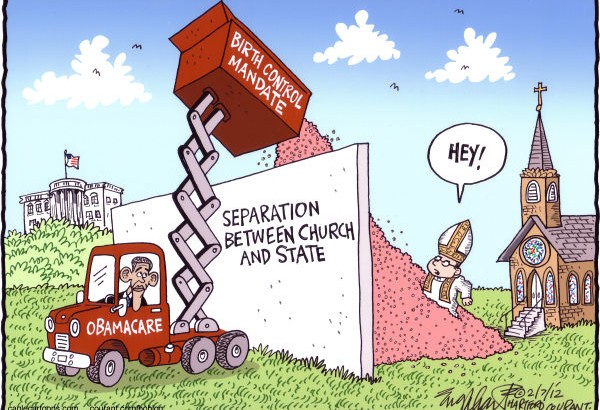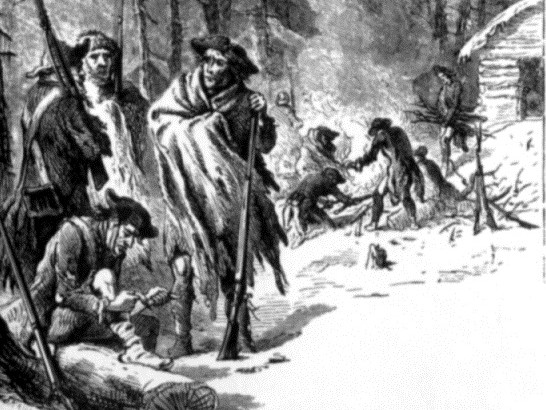In the debate over immigration, those advocating for open borders and legalization of those who enter our country illegally are often heard to assert that these individuals have “constitutional rights”, but do they? To answer this question we must return to the understanding of exactly what a constitution is and why they are created.
A constitution is a compact – a contract if you will – between members of a society in which they agree with one another as to what authority they will cede to a government that will rule over them in order that society might be orderly, and the rights and property of the citizens be protected.
However, not all constitutions are of this exact nature; it all depends upon who drafts the constitution for the society. For example, the old Soviet Union had a constitution, but it was created by those in power to secure their power over their citizens, not for the benefit of the people.
Our constitution is different. All you need do is read the opening words of the Preamble – “We the people of the United States…do ordain and establish this Constitution for the United States of America.” In our constitution we see the definition of a constitution that I stated above. We – the citizens of the United States – agreed (and each generation continues to agree amongst ourselves) that the powers contained within the Constitution are those, and only those, which the government may exercise over us, and all those not granted to it reserved, ultimately, to us, the people (Amendments IX and X). Within the first eight amendments certain of our rights are enumerated and guaranteed to be protected from government encroachment.
However, again, to whom are these guarantees given? Remember, these are part of a contract that “We the People” made and continue to agree to as belonging to us, American citizens. Those who come to our country illegally have never entered into this agreement; they are not part of our society, though they live among our society. They have no allegiance to our principles of government and society, and have not assimilated into our culture, learned our language (English), nor come to an understanding and appreciation for our history and the sacrifices of those before who made our country the greatest on earth.
This being the case, therefore, they do not have “constitutional rights” or guarantees as they have not become a part of “us” who agreed to continue that contract established over 200 years ago. They have inalienable rights granted to them by our Creator, but constitutional rights, no. You see, rights are those things that no one has the authority to give or take; they come from our Creator. A constitution cannot grant rights, only protect or restrict them as agreed to by those who created and perpetuate it, and illegal aliens living among us are not of us nor parties to our contract known as our Constitution.
-September 9, 2016
